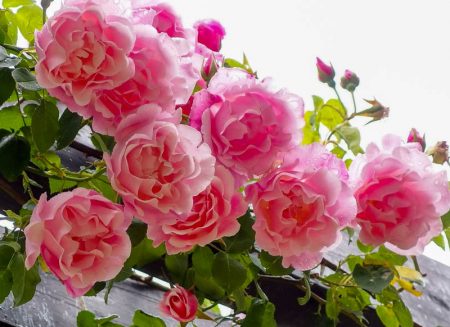 The end of September came, October began, this is exactly the time when caring for roses, preparing for the winter are extremely relevant. After all, they also impoverished the soil during growth and flowering, and their age-related processes took place, and now we have to please our beauties, so that they survived until the summer without problems, and again enter the flowering season, and even become more luxurious and aromatic.
The end of September came, October began, this is exactly the time when caring for roses, preparing for the winter are extremely relevant. After all, they also impoverished the soil during growth and flowering, and their age-related processes took place, and now we have to please our beauties, so that they survived until the summer without problems, and again enter the flowering season, and even become more luxurious and aromatic.
See also: phlox perennial planting and care photo.
Top dressing roses
Preparing the rose bushes for wintering is very important, because during the dormant period, plants gain strength for the summer season. During this period, watering and top dressing for growth have already stopped, it is time to pamper your favorite plants with potassium-phosphorus fertilizers, without nitrogen, so as not to stimulate the growth of foliage and shoots - this does not need roses at all, and is even contraindicated in the winter. Fertilizing should support the roots, saturate the plant cells, accelerate the lignification of the stems. Thus, the metabolism will accelerate, the freezing of the cell fluid will slow down, your pets will be able to winter without problems.
Also a good option would be to hush bushes, mulch with compost with wood ash. It will be such a fur coat - and will warm it during the winter cold, and gradually it will feed your plantlet in the cold. We are already stopping watering so as not to stimulate growth, and if it waits, then we even need to cover the roses from excessive moisture so that the roots do not rot. Watering is indicated in small quantities during very dry autumn.
Rose transplant
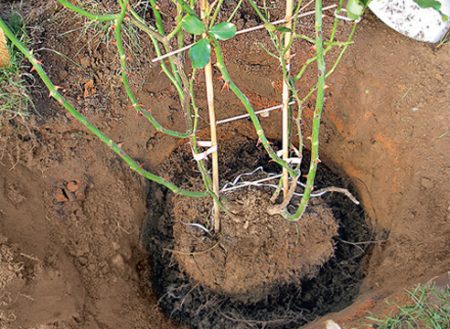
Autumn is the time to transplant or plant new bushes. Choose a place lighter, not swampy, preferably protected from the winds, with nutritious loose soil, and transplant plants. With rich soil, pit up to 50-70 cm, with lean soil wider, and add compost. Leave the distance between the bushes about 50 cm, if climbing roses - up to 1.5 meters. The weather should be sunny, dry for this process.
If you bought bushes for planting - hold them for a day in a nutritious and disinfecting mixture first, remove the rotten roots, if any are found during inspection, shorten the stems, and plant them, straightening the roots. Then sprinkle a hole, press gently, spill well with water. As it is absorbed - sprinkle with dry strawberry, above the vaccine, for the winter cover with sawdust, spruce paws. Then the question is: if after wintering the roses turned black what to do “You won't be bothered.”
Pruning roses
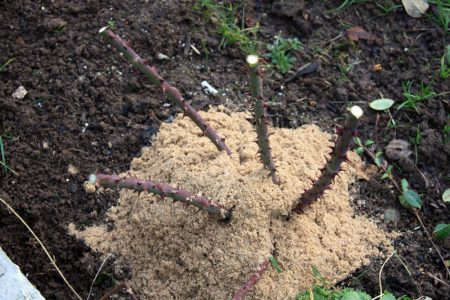
Some gardeners advise to be sure to prune the roses for the winter. Second - they express doubt about the advisability of doing this for perfectly healthy, good bushes. Yes, you need to remove all the unblown buds, shoots and leaves, and if you live in the south - leave it that way, covering only the roots from freezing, then in the spring you need to trim the bushes well, clean everything. If you live in the northern regions, then cut the bushes, as it should, and cover under the winter.

Before trimming, process the stems using iron sulfate, grease the garden mulch to the level of mulch, thus protecting the bushes from pests and rot. Then you need to sprinkle with fallen leaves, sawdust with wood ash, which will give, in addition to heat, also slow nutrition of the roots in winter.
Stamper roses protection
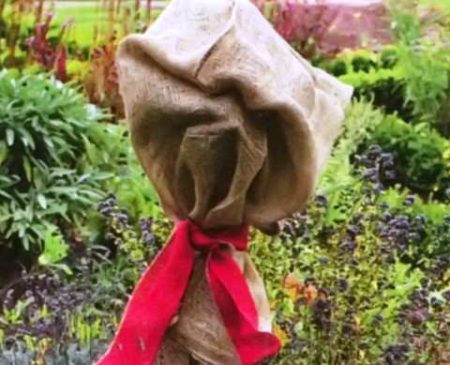
Since the vaccine is located high above the ground in these varieties, they are especially vulnerable in the winter, and they need more reliable protection. They are wrapped in a trunk, a grafted place and a crown.A coconut mat is perfect, you can use burlap or purchase a special film. The rest is everything - as in the measures described above for ordinary roses. So your bushes will winter well, and come out of the winter state of rest healthy and unharmed, and give you a beautiful flowering with the arrival of warm summer days.
More interesting: flowers for the garden perennials pics with names.

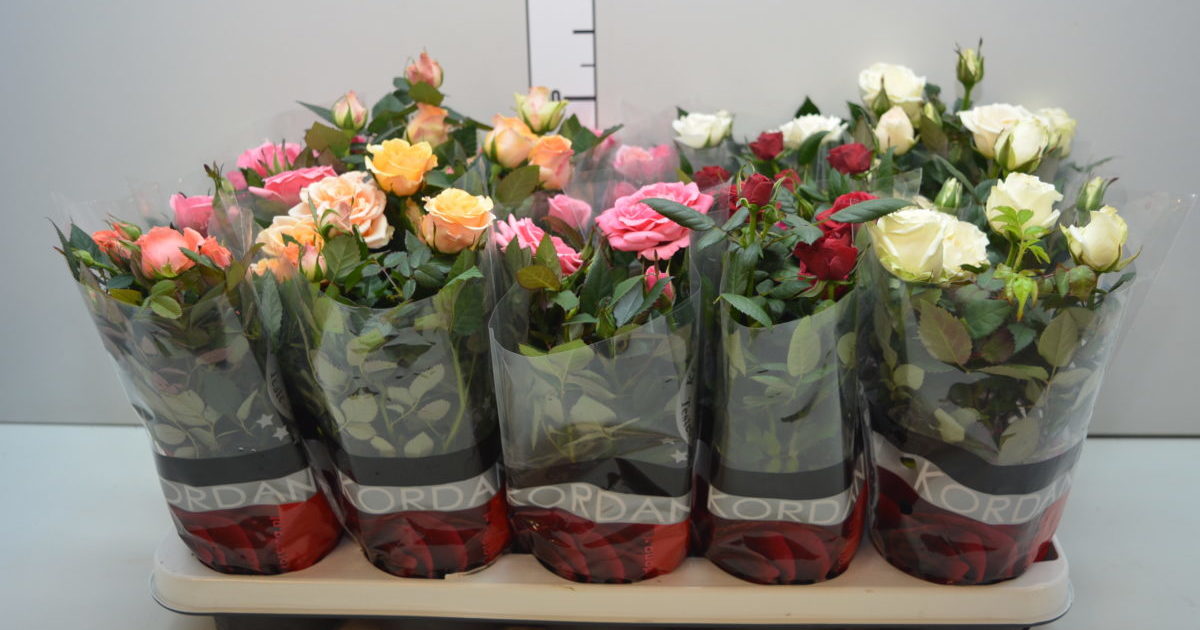
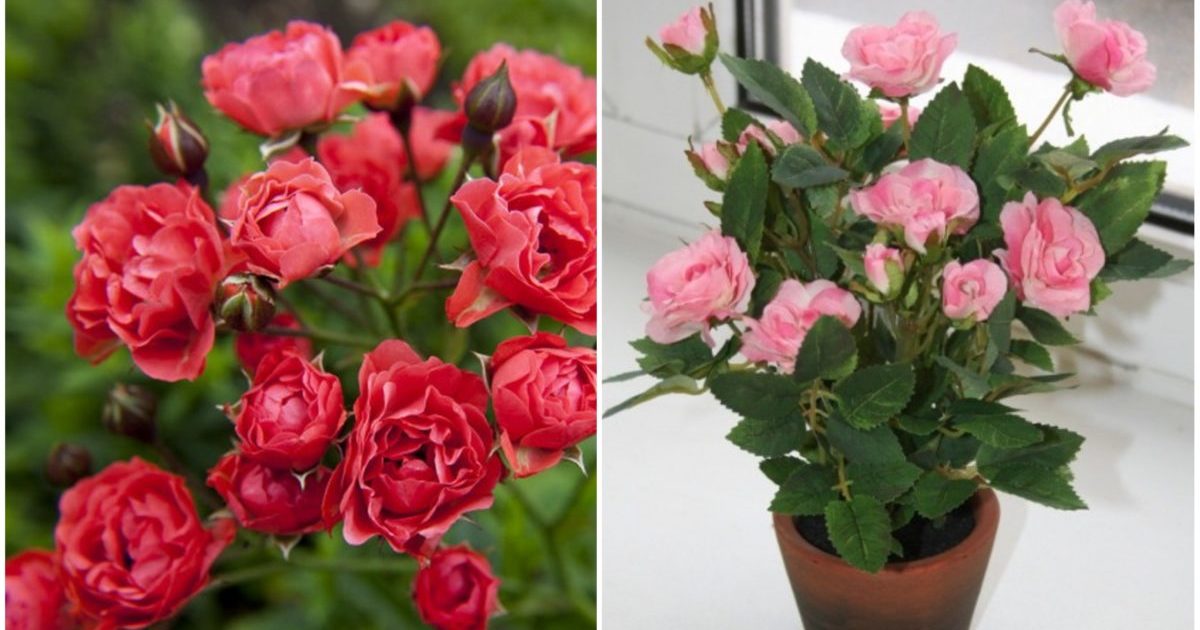
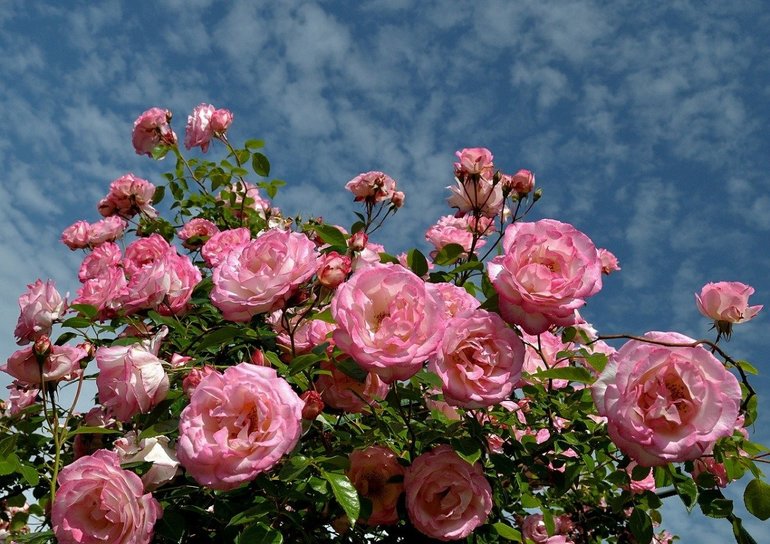
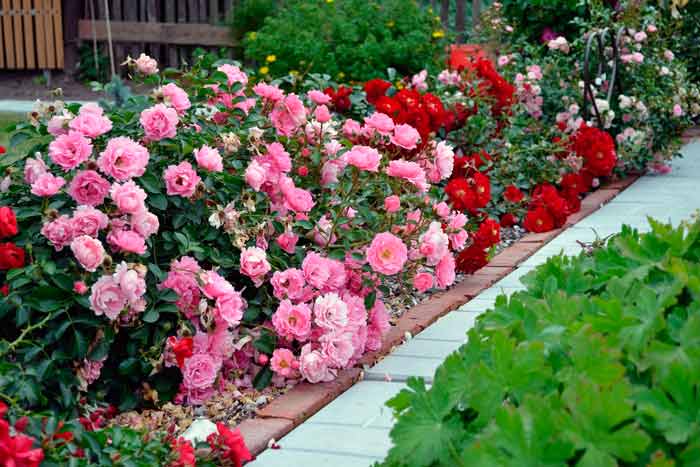 Shelter of roses for the winter: at what temperature does the robot hold
Shelter of roses for the winter: at what temperature does the robot hold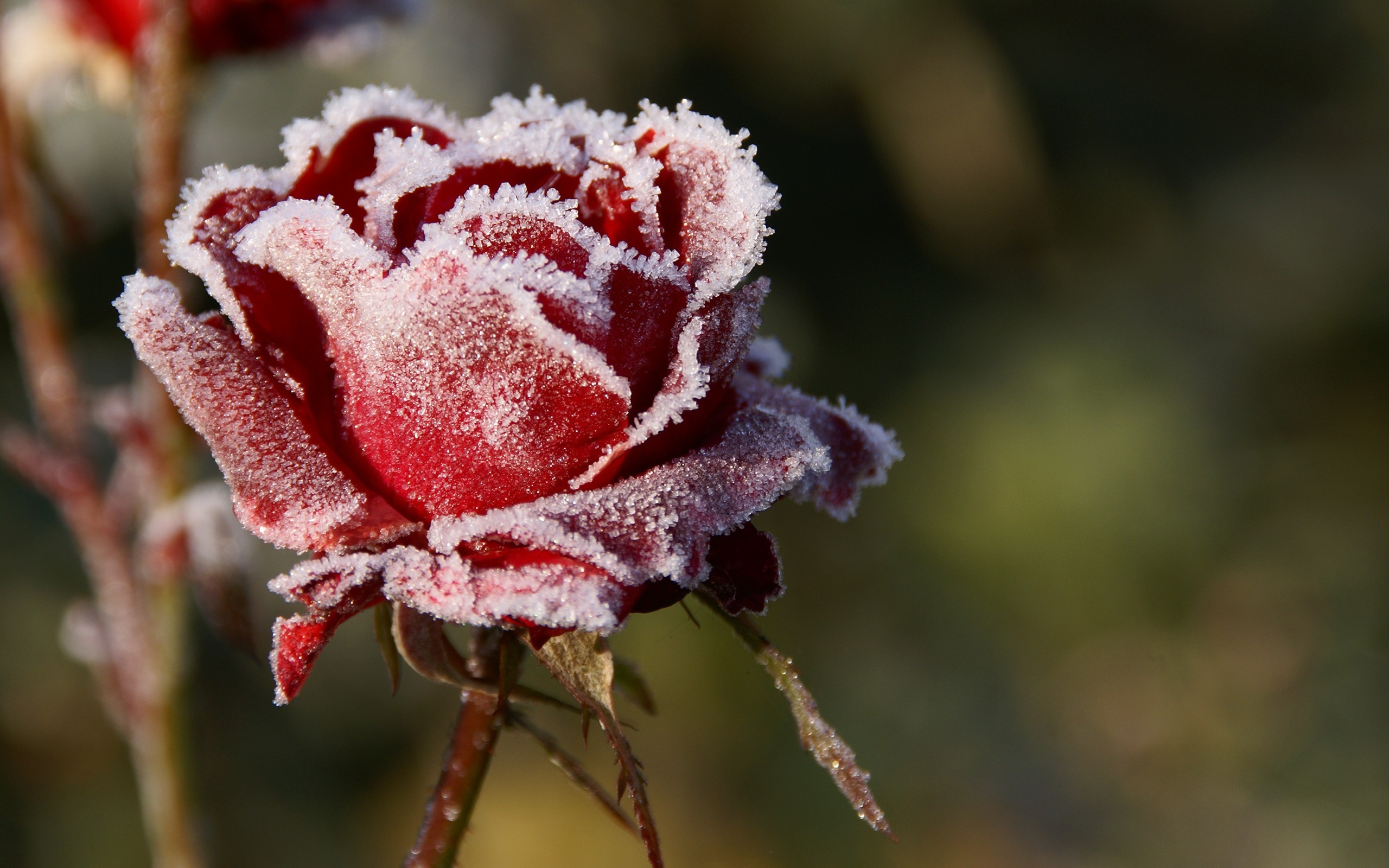 How to prune roses in the fall: timing, pruning rules, pros and cons
How to prune roses in the fall: timing, pruning rules, pros and cons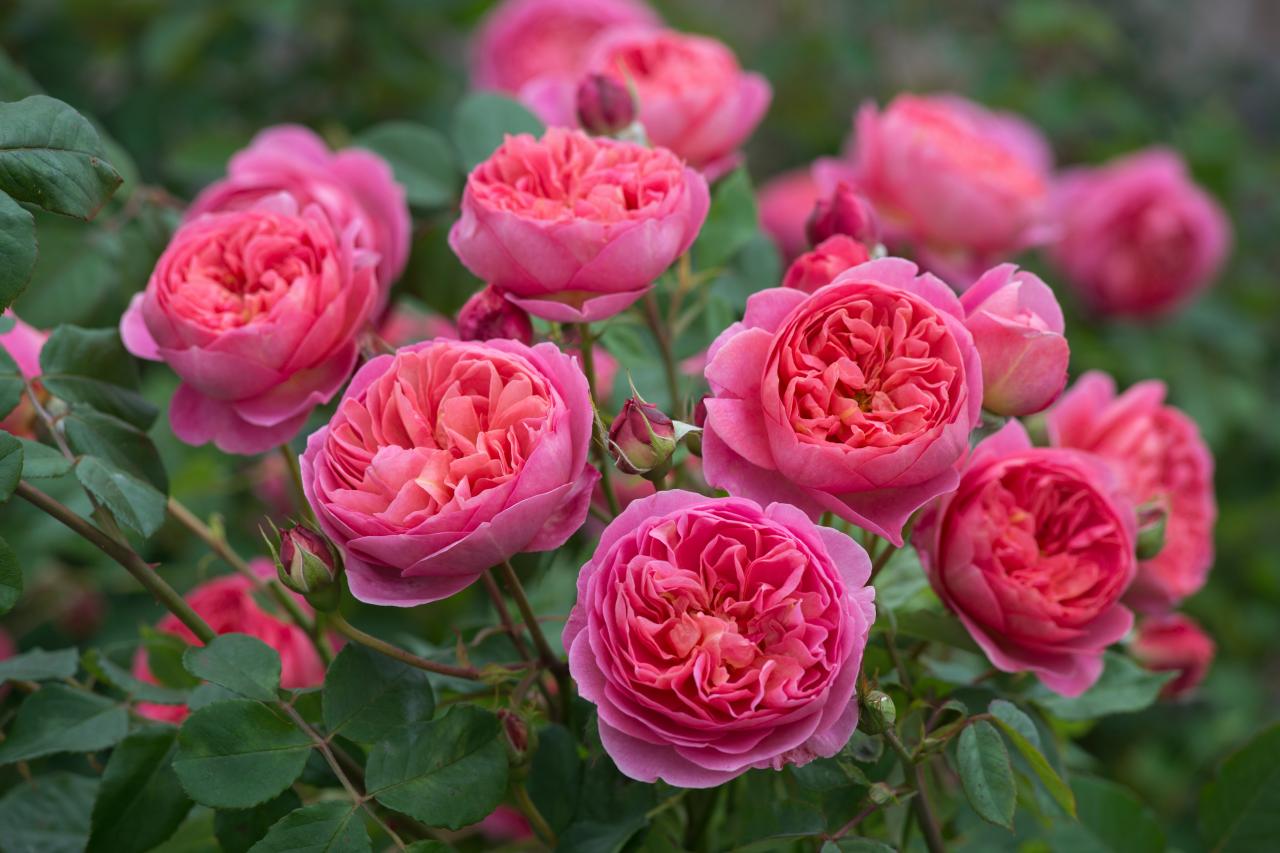 What are the varieties and types of roses
What are the varieties and types of roses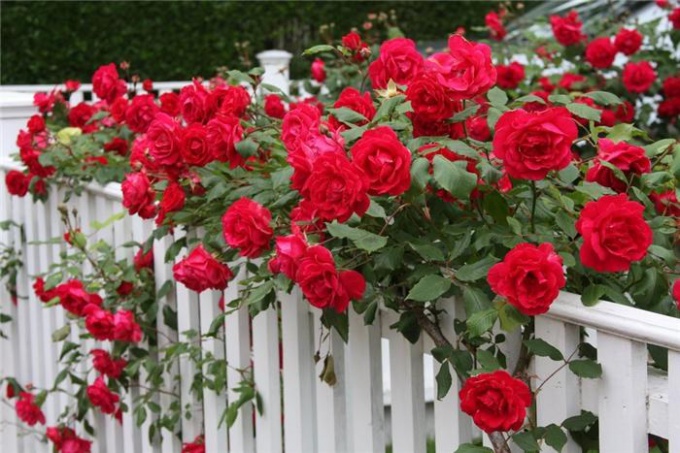 How to process roses with iron sulfate in autumn: proportions, advantages and disadvantages
How to process roses with iron sulfate in autumn: proportions, advantages and disadvantages
Valentine
We have rainy autumn this year, I was tortured to harbor roses, but it seems to have worked out. She fed them potassium magnesia. For the winter I never cut, we have warm weather.